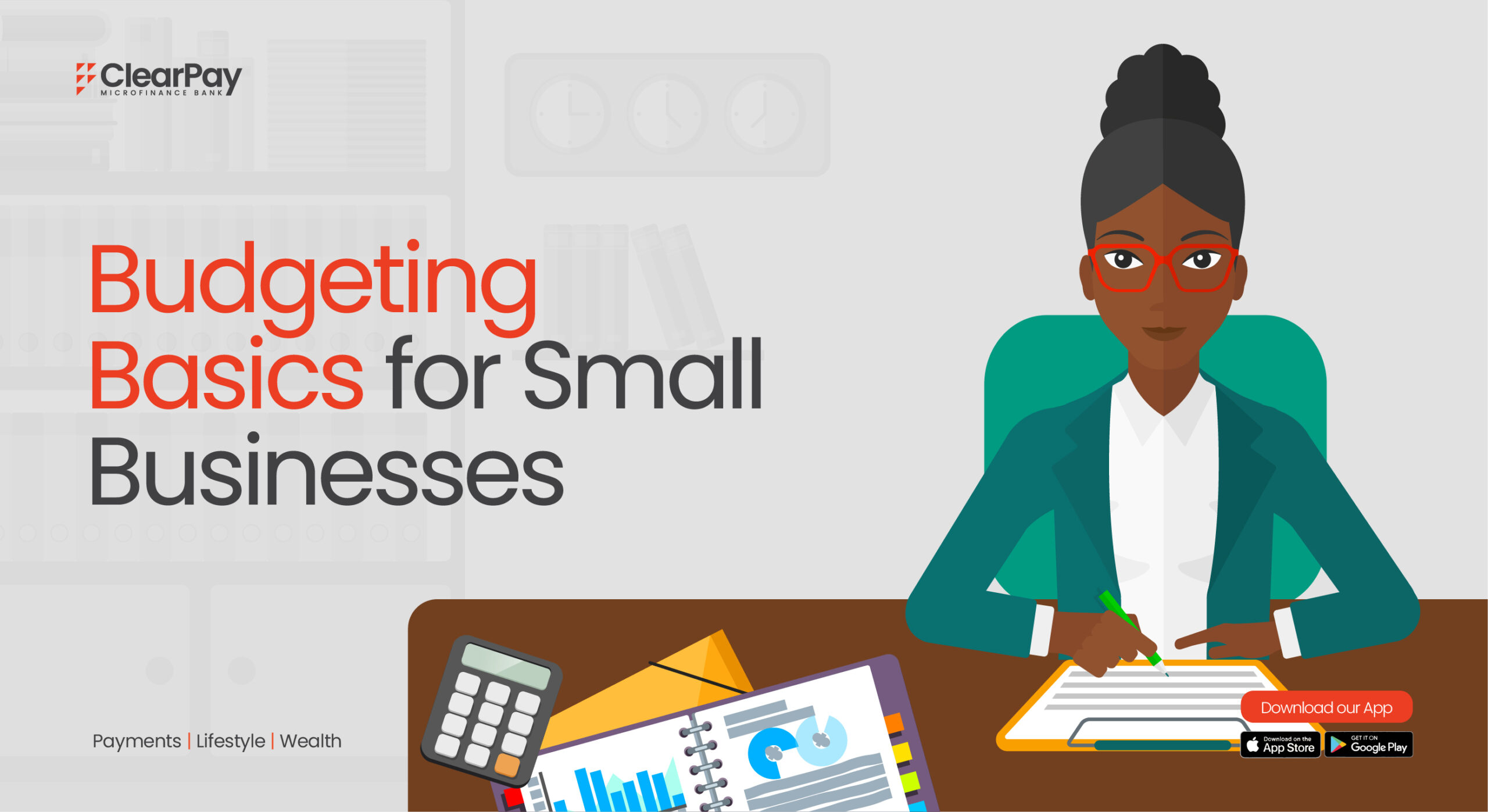Every entrepreneur’s goal is business success. They dream of their business soaring, but without a solid financial foundation, even the most brilliant ideas can struggle to take flight. That’s where budgeting comes in – the unsung hero of small business success. It’s not just about tracking numbers; it’s about crafting a roadmap to profitability and achieving your financial goals.
Budgeting is more than just numbers on a spreadsheet; it’s a strategic tool to help businesses allocate resources, set goals and make informed decisions and it is crucial for every small business’ operations.
Here are some fundamental tips for budgeting for a small business:
- Understand Your Revenue: This is the fuel that keeps your business engine running. Start by analysing your past income, considering seasonal fluctuations and potential growth. Be realistic and avoid overly optimistic projections. In other words, when budgeting, cut your cloth according to your size.
- Categorize Your Expenses: Separate your ‘needs’ from your ‘wants.’ Fixed expenses like rent and salaries remain constant, while variable expenses like marketing and travel costs may fluctuate. Track everything meticulously.
- Set Financial Goals: Where do you see your business in a year, two, or five? Define clear, measurable financial goals like increasing sales or reducing debt. Your budget should align with these goals.
- Allocate for Unexpected Costs: Life throws curveballs, particularly in unstable economies. Set aside an emergency fund to cover unexpected repairs, equipment failures, inflation or market downturns.
- Utilize Budgeting Tools: Spreadsheets are helpful but consider user-friendly budgeting software or online tools to streamline the process and gain valuable insights.
- Monitor and Adapt: Your budget is a living document, not a final decree from a renowned dictator. Regularly compare your actual spending to your projections and adjust as needed. Don’t be afraid to course-correct when necessary.
Remember:
- Be realistic: Don’t underestimate expenses or overestimate income.
- Prioritize ruthlessly: Invest in essential expenses first, allocate wisely for growth, and cut back on non-essentials.
- Seek help: Don’t be afraid to consult financial advisors or mentors for guidance.
- Celebrate small wins: Reaching milestones, no matter how small keeps you motivated and on track.
As a small business owner, by the art of budgeting, you’ll gain control over your finances, make informed decisions, and navigate the inevitable challenges of running a small business with confidence. Remember, a well-crafted budget is your key to unlocking sustainable growth and achieving your entrepreneurial dreams. So go for it.


